When I was small, Christmas meant visiting my nan in St Ives. Her house existed in a state of chaos, overflowing with small, brightly-wrapped presents. They sat in sacks between the antique couches and lay in piles that had slouched against the walls over the preceding days. Her doorbell was rung nightly in the week leading up to Christmas by panicked parents, hastily passing late gifts to my nan through whispers as though she were a secretive drug lord.
There was no bureaucracy.
Already a subscriber? Log in
Subscribe for just $2 a week
Try a month of The Spectator Australia absolutely free and without commitment. Not only that but – if you choose to continue – you’ll pay just $2 a week for your first year.
- Unlimited access to spectator.com.au and app
- The weekly edition on the Spectator Australia app
- Spectator podcasts and newsletters
- Full access to spectator.co.uk

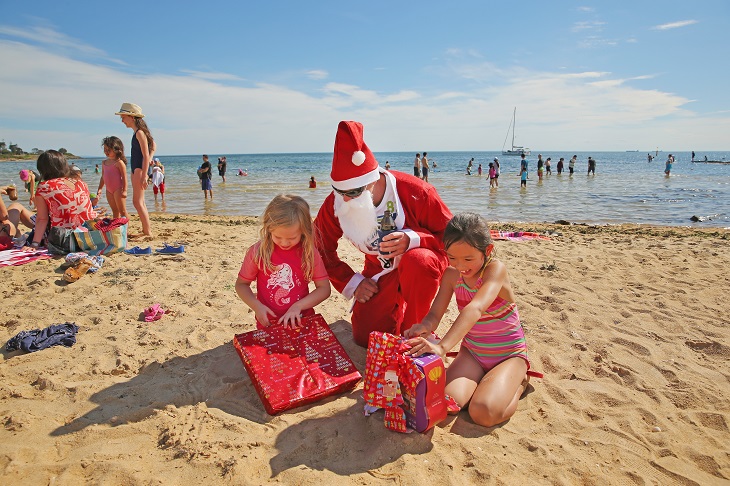
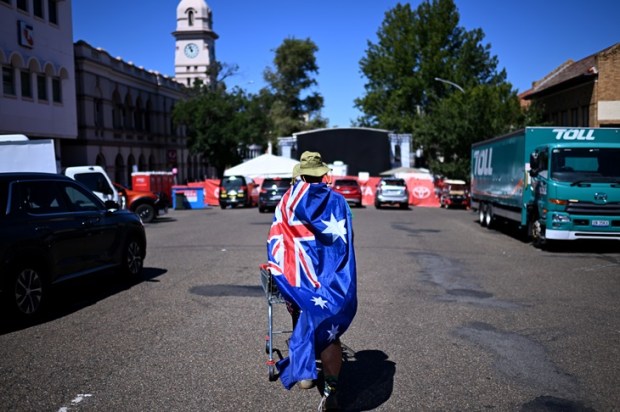
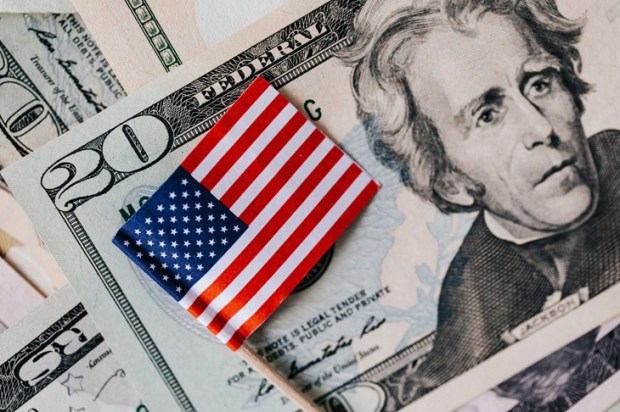
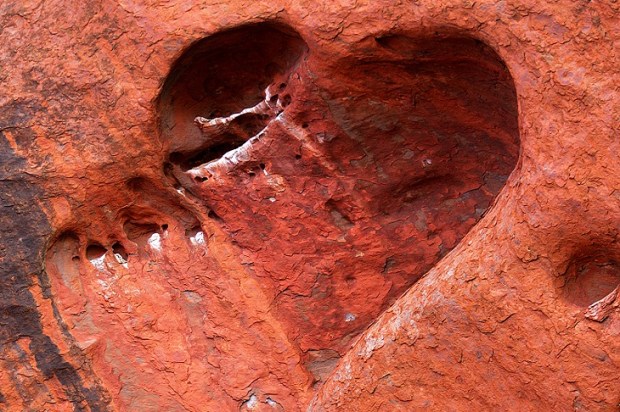
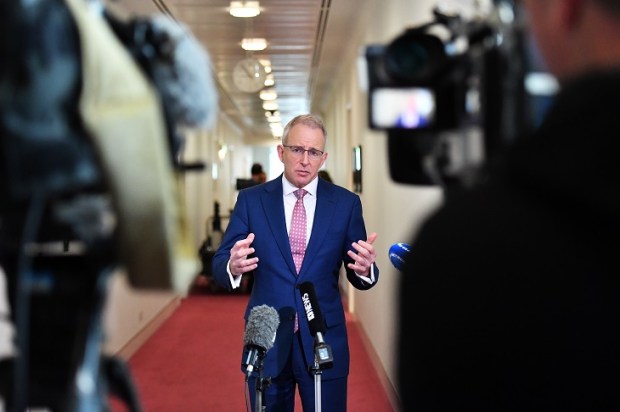
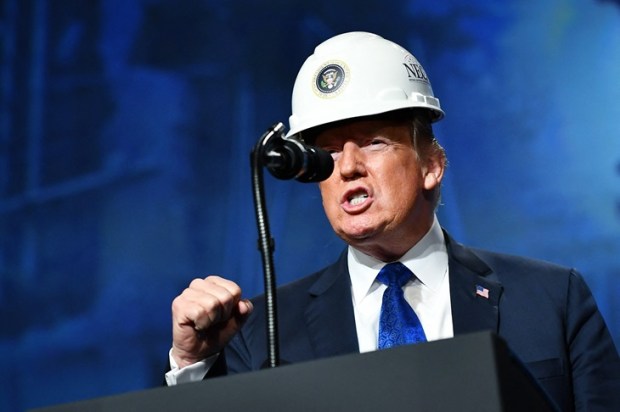



















Comments
Don't miss out
Join the conversation with other Spectator Australia readers. Subscribe to leave a comment.
SUBSCRIBEAlready a subscriber? Log in